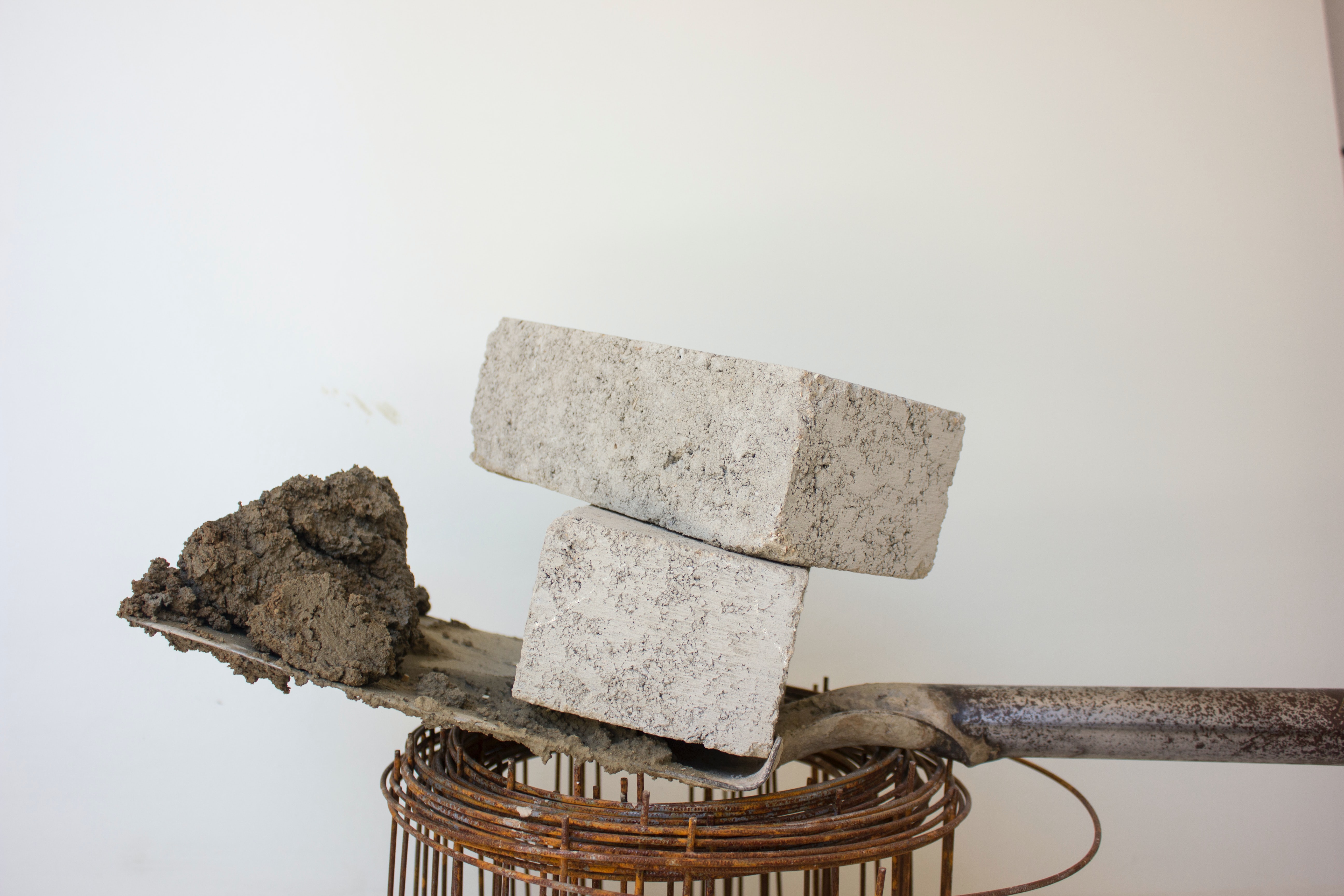News release
From:
Magnesium-based decarbonized cement
Researchers report a process for converting magnesium ions from seawater into magnesium hydroxides and further into magnesium-based cement that soaks up carbon dioxide; the magnesium-based cement exhibits compressive strength comparable to that of Portland cement and, although the process requires a similar amount of energy per ton as the manufacture of Portland cement and is currently unsuitable for use in conventional reinforced concrete, the overall process would consume rather than emit carbon dioxide if the electricity that powers the electrochemical processing step is derived from carbon-free sources, according to the authors.



 International
International



